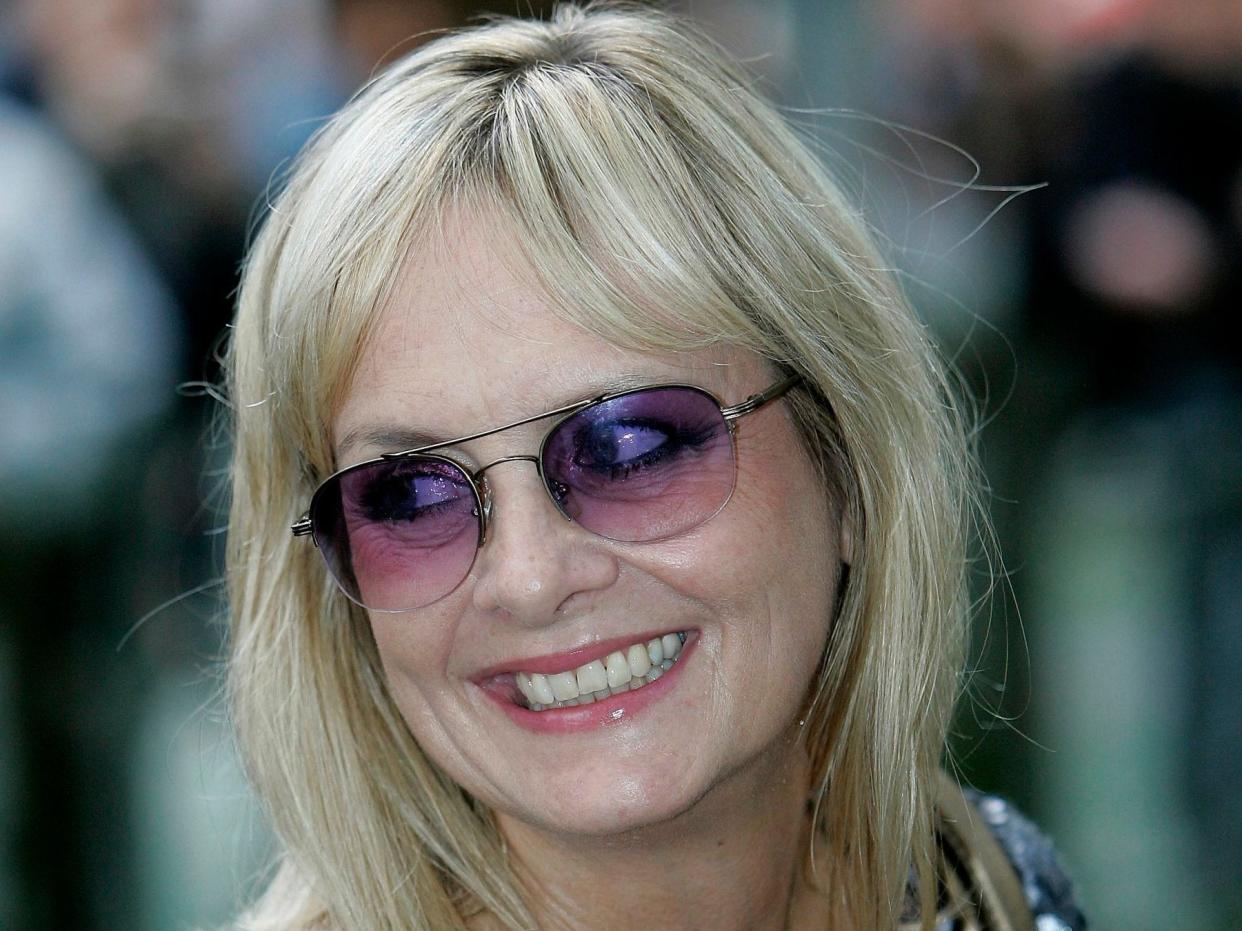Twiggy is wrong. Fashion is moving away from slimness

It is well documented that the fashion industry has a plus-size problem. You only need to look at editorials, advertising campaigns and clothing rails to see the glaring lack of representation, despite the plus-size market being worth around £6.6 billion in the UK alone.
However, a cultural shift towards inclusivity and body positivity in recent years has forced the fashion industry to start listening. Things are changing, which is why comments in a recent Guardian interview with Twiggy, a British fashion icon famously known for setting the stage for the thin model revolution, are tired and outdated.
When asked whether the fashion industry still needs to change to focus on different body shapes, Twiggy argues that it already has, claiming rather vaguely that “there are so many more ads now” while pointing out that her clothing line with M&S went up to a size 22.
While this is admirable given that so many high street brands still refuse to accommodate plus-sizes, the 70-year-old’s comments on the luxury fashion market are all too telling, resorting to the age-old snobbery towards curvy models and their place on the runway.
She said: “I don’t think the high fashion industry will ever go completely away from slimness but I think other parts of the industry have started to use different shapes and sizes, and I think they should.”
This separation between high street and high fashion is emblematic of an antiquated attitude towards plus-sized women, one that implies that they should be hidden from view in the back of a catalogue, with no place on a catwalk or in designer clothing.
It plays into a sense of “othering” that fashion houses have already started to reject, as curvy models like Ashley Graham, Candice Suffine and Precious Lee walk for major labels like Michael Kors, Tommy Hilfiger and Christian Siriano. This year at Paris fashion week, Chanel featured a plus-size model for the first time in a decade, while Fendi’s first ever plus-size models made fashion history during Milan fashion week.
This isn’t to say that Twiggy’s views aren’t still held by major players in the industry, or that we’ve achieved inclusivity. Curvy models made up just 1.4 per cent of representation during Fall 2020 shows, falling by 1.5 per cent on the previous season. But given the fact that in 2017, Emme Aronson, the world’s first plus-size supermodel, admitted that curvy women were once banned from the catwalk, it’s important to celebrate the significant shift.
Take Victoria’s Secret. The brand’s outdated lingerie show, known for its slender, predominantly white models walking the runway wearing wings, once had cult status, but it has struggled for years to stay culturally relevant. Comments from an executive at the lingerie chain on how plus-size and transgender models should have no place on its catwalk helped to seal its fate, while the success of Rihanna’s lingerie line Savage X Fenty and its inclusive show helped deal the final blow, as Victoria’s Secret cancelled its own in 2019. The Savage X Fenty show is lauded for its racial and size diversity, so much so that it received a $50 million investment in 2019 and a lucrative Amazon Prime deal for its show.
Companies like Savage X Fenty are arguably the new face of fashion and have seen huge success so far, much to the surprise of plus-size model critics. Rihanna believes that tapping into a relatively untouched market is not only gainful financially, but important culturally. In a post-show interview with Business of Fashion, she said: "There are a lot of women out there who are feeling in the dark, invisible. I can’t try that on because I’m not made like that… this is where you feel safe, right here at Savage.”
Whether Twiggy likes it or not, high fashion has already started to stray from its reliance on slimness, and it will need to continue doing so to appeal to its growing Gen-Z audience, who now make up 40 per cent of the world’s purchasing power and, importantly, put social causes at the heart of their consumer needs. Size inclusivity is happening, albeit at a glacial pace, and the sooner the industry can accept that, the sooner we will all benefit from it.
Read more
Anna Wintour says the fashion industry must change after Covid-19
Twiggy says fashion industry 'will never move away from slimness'

 Yahoo News
Yahoo News 
